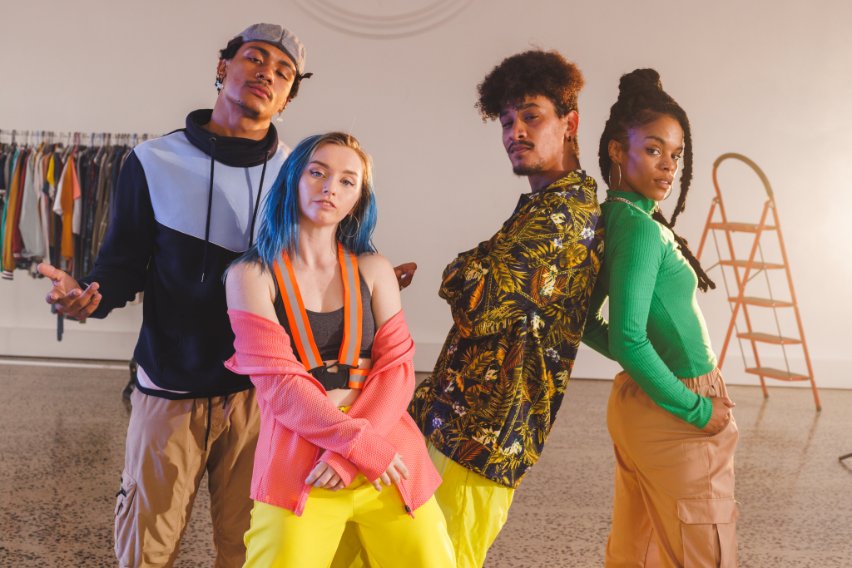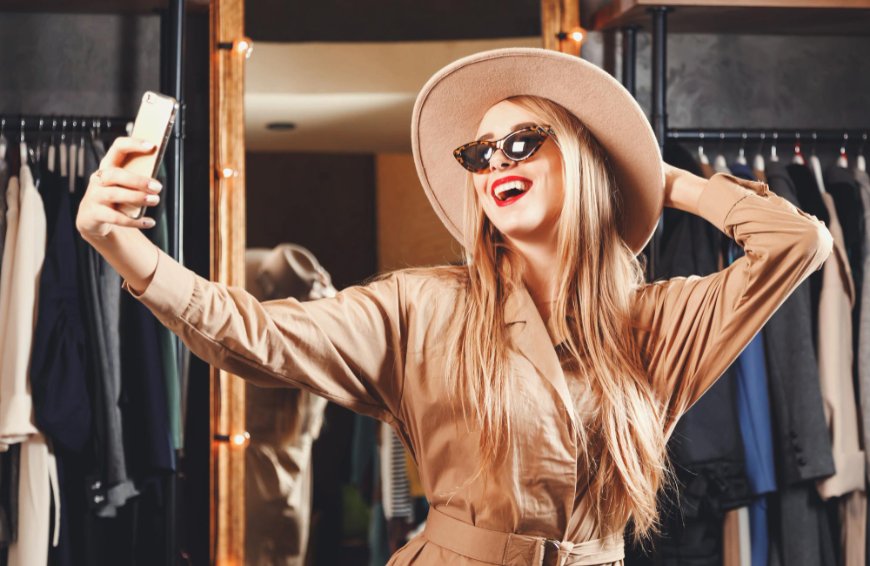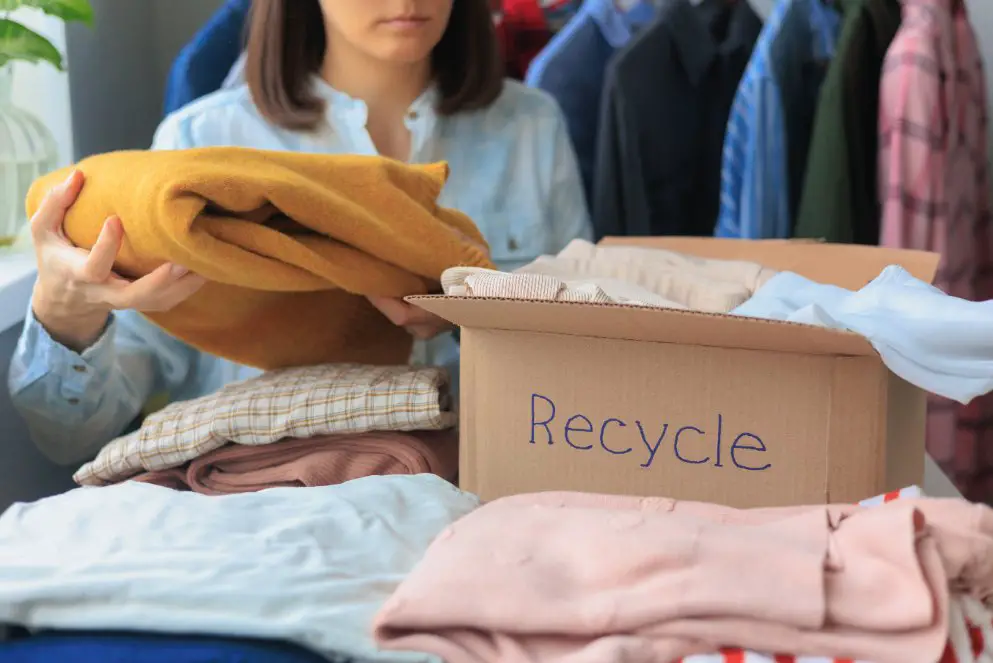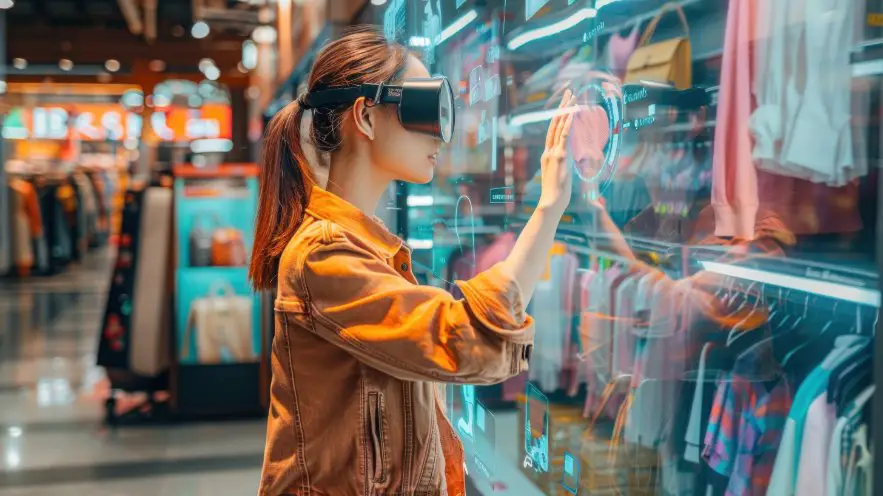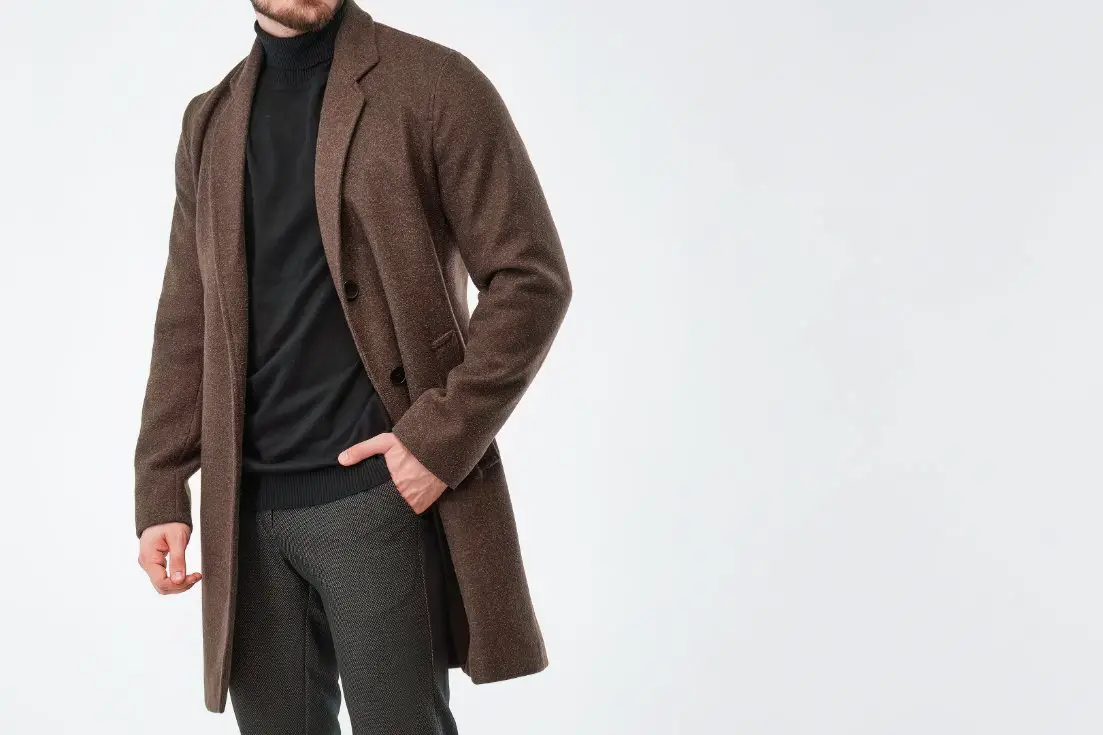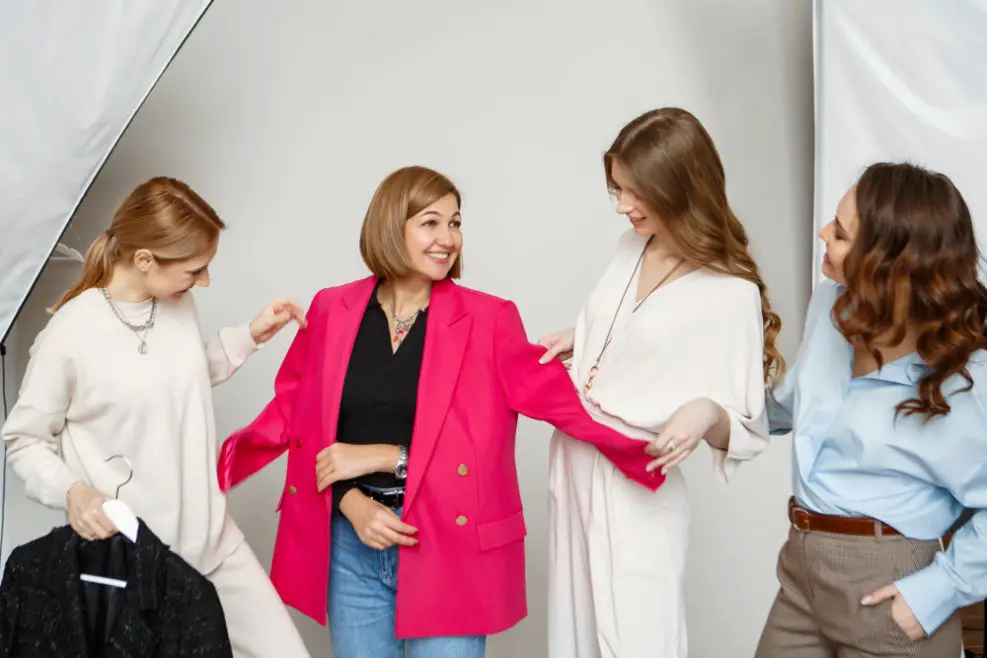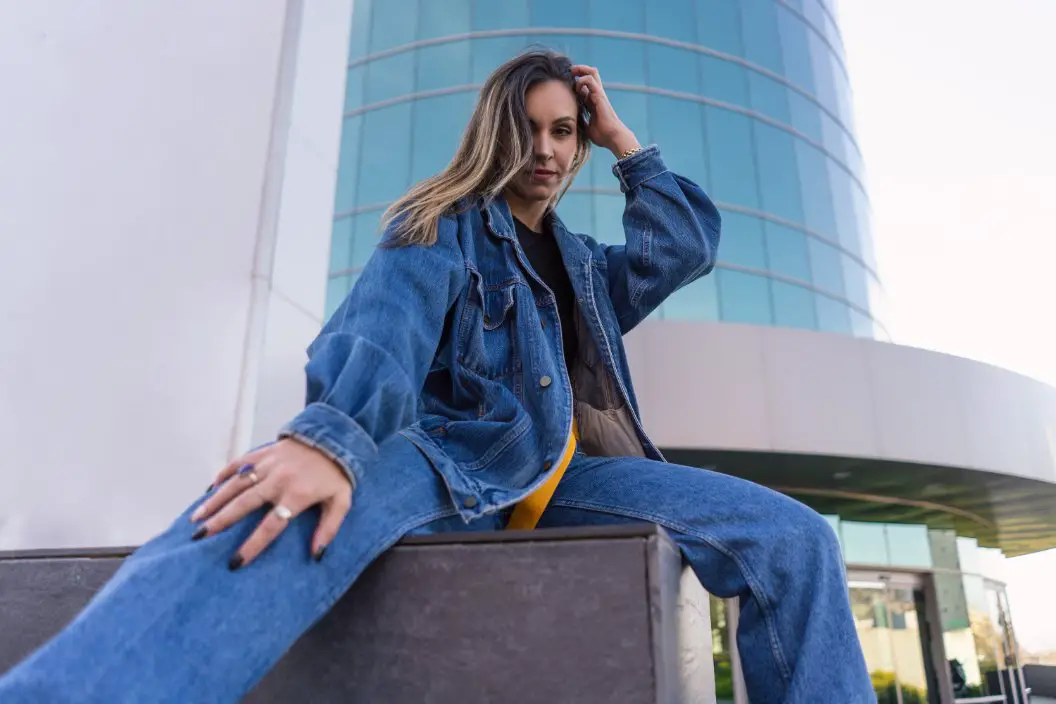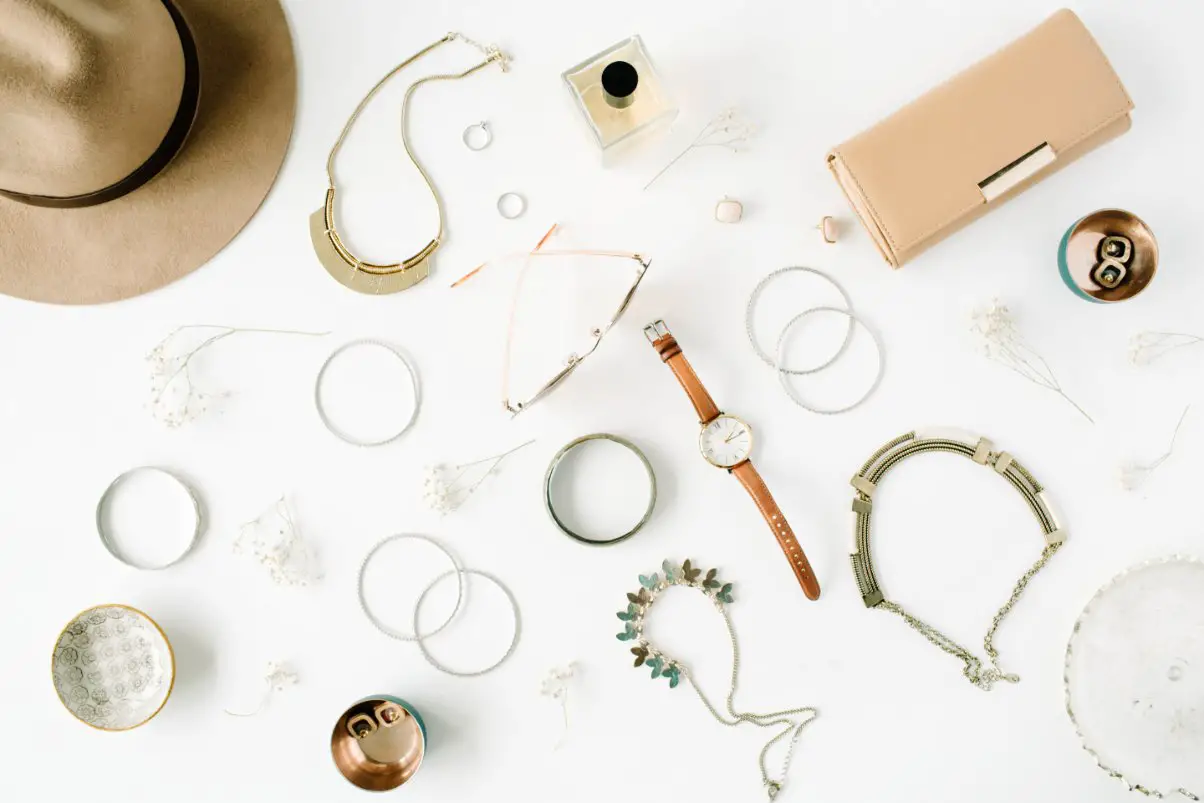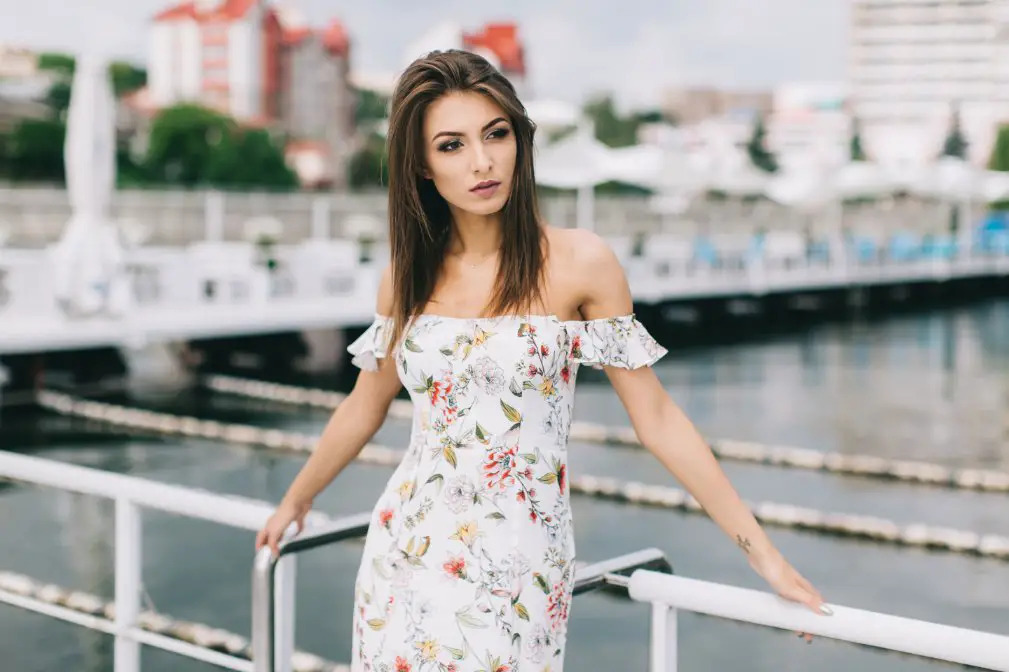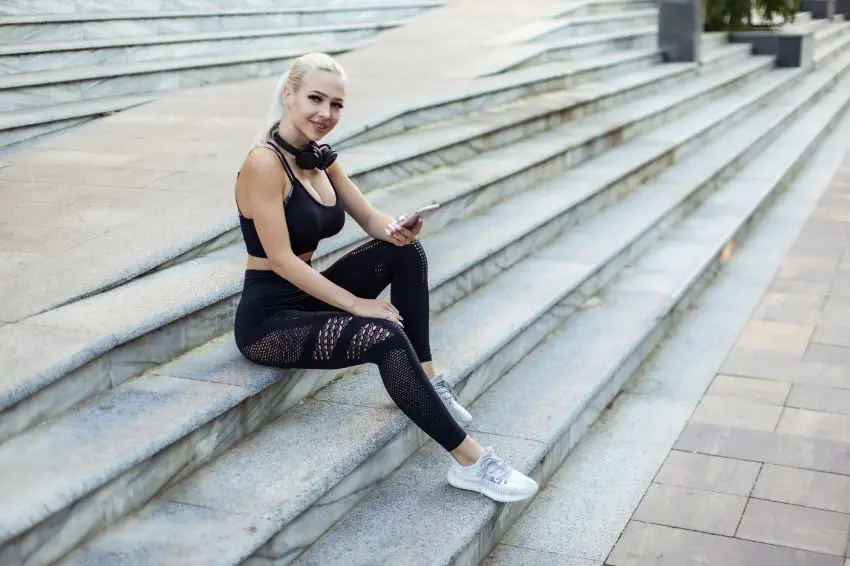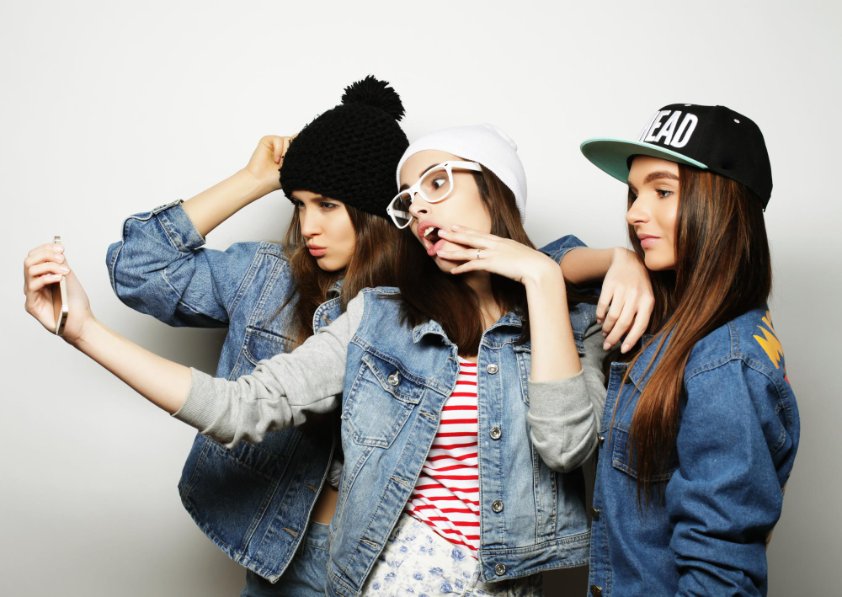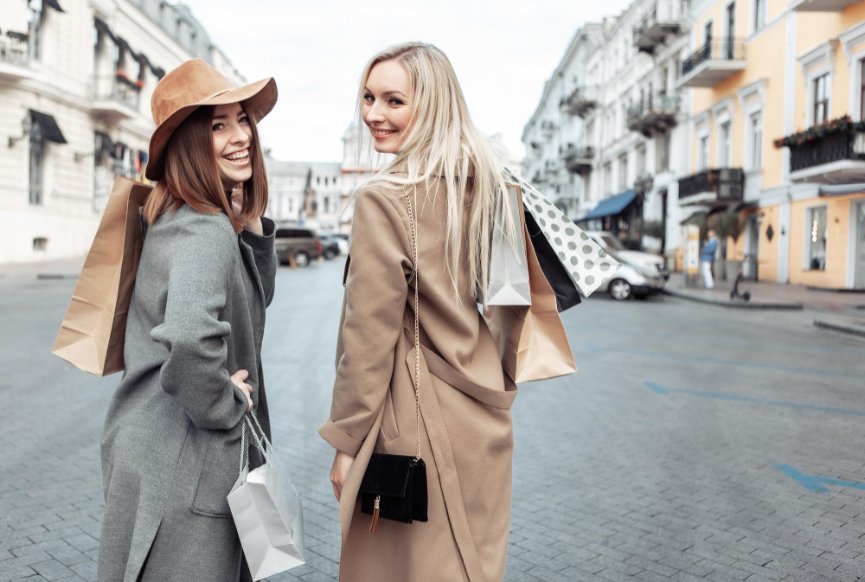Your complete guide to the year’s most influential style movements, from eco-conscious innovations to cultural trend predictions
Understanding Fashion Trends

What is a Trend?
A fashion trend represents a popular style or preference that gains widespread acceptance within the fashion community and broader society. Trends emerge from a complex interplay of cultural, social, economic, and technological factors that influence how people choose to express themselves through clothing and accessories.
How Long Do Fashion Trends Last?
Fashion trends typically follow predictable cycles:
- Micro-trends: 1-2 seasons (6-12 months)
- Short-term trends: 2-5 years
- Long-term trends: 5-10 years
- Classic styles: Timeless, recurring every 20-30 years
Who Sets Fashion Trends?
Fashion trends originate from multiple sources working together to create cultural momentum. High-fashion designers at luxury houses like Chanel, Dior, and Prada often introduce innovative concepts during runway shows. These ideas then filter down through fast fashion retailers, influencer culture, and street style adoption.
Today’s trend-setting ecosystem includes fashion editors at major publications, social media influencers, celebrity stylists, and increasingly, everyday consumers who create viral moments through platforms like TikTok and Instagram.
Where Did Fashion Originate?
Fashion as we know it began during the Renaissance in Europe, particularly in Italy and France during the 14th-16th centuries. However, the modern fashion industry was established in Paris during the mid-19th century with designers like Charles Frederick Worth, who created the first fashion house and introduced the concept of seasonal collections.
Fashion Through the Decades
Understanding fashion evolution provides context for current trends. This comprehensive video explores 100 years of fashion history, showing how past influences shape present-day styling:
| Era | Key Characteristics | Cultural Influence |
|---|
| 1950s | Full skirts, cinched waists, feminine silhouettes, tailored suits | Post-war optimism, return to domesticity |
| 1960s | Mini skirts, mod styles, geometric patterns, space-age materials | Youth rebellion, space race, women’s liberation |
| 2020s | Sustainable materials, gender-neutral designs, comfort-first styling | Climate awareness, digital culture, pandemic lifestyle changes |
Finding Your Personal Style

Developing personal style involves understanding individual preferences, lifestyle needs, and body characteristics while staying informed about current trends. The most successful approach combines trend awareness with authentic self-expression, creating a wardrobe that feels both current and personally meaningful.
Fashion Week Calendar & Influence
When is Fashion Week?
The global fashion calendar revolves around four major fashion weeks that set the tone for international trends:
New York Fashion Week
February & September – American ready-to-wear and emerging designers showcase practical, commercially viable collections
London Fashion Week
February & September – Known for avant-garde designs and breakthrough talent from Central Saint Martins and other prestigious schools
Milan Fashion Week
February & September – Luxury Italian craftsmanship meets high fashion, featuring brands like Versace, Prada, and Dolce & Gabbana
Paris Fashion Week
March & October – The grand finale featuring the most prestigious luxury houses and couture presentations
Fashion Week’s Digital Evolution
Fashion weeks have embraced digital innovation, with many shows now streaming globally and incorporating virtual reality experiences. This democratization has allowed fashion enthusiasts worldwide to access runway content immediately, accelerating trend adoption cycles.
2025 Fashion Landscape Overview
The fashion industry in 2025 represents a pivotal moment where sustainability meets innovation. After years of growing environmental consciousness and technological advancement, the industry has shifted toward creating designs that balance aesthetic appeal with ecological responsibility.
$1.3T
Projected global fashion e-commerce value by 2025
67%
Consumers considering sustainability in purchase decisions
92M
Tons of textile waste produced annually by fashion industry
47.5%
US online fashion shoppers inspired by social media
Key Market Drivers for 2025
Several significant factors are reshaping fashion consumption patterns. Generation Z, with their $360 billion spending power, prioritizes authenticity, sustainability, and social responsibility. This demographic expects brands to align with their values and provide transparent supply chain information.
The secondhand apparel market continues growing 15x faster than traditional retail, indicating a fundamental shift toward circular fashion economy. Consumers increasingly view pre-owned clothing as fashionable rather than necessity-driven, with 63% shopping resale primarily for economic benefits.
2025 Fashion Key Takeaways
- Sustainability is no longer optional but expected by consumers
- Technology integration enhances both design and shopping experiences
- Personal expression takes precedence over strict trend conformity
- Quality craftsmanship gains value over fast fashion quantity
- Cultural inclusivity becomes essential for brand relevance
The Sustainable Fashion Movement

Beyond Green Marketing
The sustainable fashion movement has evolved beyond surface-level “green” marketing into comprehensive business model transformations. Brands now implement circular design principles, using recycled and biodegradable materials while designing for disassembly and recyclability.
Leading brands have introduced take-back programs, allowing customers to return worn garments for recycling or upcycling. This shift addresses the 87% of fashion waste that traditionally ends up in landfills.
Innovative Sustainable Materials
Next-Generation Fabrics
- Lab-grown leather: Biofabricated alternatives to animal hide
- Mushroom-based textiles: Mycelium materials with leather-like properties
- Recycled ocean plastic: Transformed waste into performance fabrics
- Organic hemp blends: Durable, biodegradable fiber alternatives
- Closed-loop cotton: Regenerative agriculture practices
Transparency and Traceability
Modern consumers demand supply chain transparency. Brands respond with digital product passports, QR codes linking to detailed production information, and blockchain-verified sustainability claims. This transparency helps combat “greenwashing” and builds authentic consumer trust.
Technology Integration in Fashion

AI and Virtual Fashion
Artificial intelligence transforms both design and retail experiences. AI-powered trend forecasting analyzes social media data, runway shows, and cultural movements to predict emerging styles months in advance. Virtual try-on technology reduces return rates by 20% while improving customer satisfaction.
Virtual fashion for digital spaces gains momentum, with users purchasing digital clothing for social media avatars and metaverse experiences. This trend reduces physical production while enabling unlimited creative expression.
Smart Textiles and Wearable Technology
Smart fabrics integrate technology seamlessly into garments. Temperature-regulating materials adapt to environmental conditions, while moisture-wicking and antimicrobial treatments enhance performance. Some fabrics even incorporate LED elements for dynamic color-changing capabilities.
Augmented Reality Shopping
AR technology revolutionizes online shopping by allowing customers to visualize clothing on their bodies before purchasing. Major retailers invest heavily in AR platforms that show how garments fit, move, and coordinate with existing wardrobe pieces.
Menswear Evolution

The New Masculine Aesthetic
Men’s fashion in 2025 embraces comfort without sacrificing sophistication. The traditional boundaries between formal and casual continue blurring, creating versatile wardrobe pieces suitable for multiple occasions.
Relaxed Tailoring Revolution
Structured suits give way to relaxed silhouettes that prioritize movement and comfort. Soft-shouldered blazers, unlined jackets, and fluid trousers dominate professional wardrobes. This shift reflects changing work environments and lifestyle priorities.
Key Menswear Silhouettes
- Wide-leg trousers: Replacing slim-fit pants across all occasions
- Oversized outerwear: Statement coats and architectural jackets
- Cropped proportions: Shorter hemlines on pants and jackets
- Layered textures: Mixing materials like cotton and technical fabrics
Workwear-Inspired Aesthetics
Utilitarian fashion influences mainstream menswear through functional details, durable fabrics, and practical design elements. Cargo pants, utility vests, and multi-pocket designs gain acceptance in both casual and semi-formal contexts.
Sustainable Menswear Choices
Men increasingly prioritize quality over quantity, investing in well-made pieces designed to last multiple seasons. Durable fabrics and timeless designs support this shift toward conscious consumption.
Womenswear Predictions

Empowered Femininity
Women’s fashion in 2025 celebrates strength through softness, combining traditionally feminine elements with powerful silhouettes. This approach creates clothing that supports both professional ambitions and personal expression. For those seeking contemporary women’s clothing that embodies these trends, the focus remains on versatile pieces that transition seamlessly between different aspects of modern life.
Versatile Layering Systems
Modern women require clothing that adapts to multiple daily activities. Designers respond with modular pieces that layer effectively, transition from day to evening, and accommodate varying weather conditions.
Statement Sleeves and Dramatic Details
Volume returns to fashion through architectural sleeves, exaggerated collars, and sculptural elements. These details create visual impact while maintaining wearability for contemporary lifestyles.
Inclusive Sizing and Adaptive Design
Fashion becomes more inclusive through expanded size ranges and adaptive features. Brands design for diverse body types and physical abilities, ensuring fashion accessibility for all consumers.
Popular Womenswear Categories Growth
| Category | Growth Projection | Key Drivers |
|---|
| Sustainable Dresses | +23% | Eco-consciousness, versatility |
| Technical Outerwear | +18% | Climate adaptability, performance |
| Modular Separates | +15% | Versatility, value investment |
Denim Revolution

Are Skinny Jeans Out of Style?
The fashion world has definitively moved beyond skinny jeans, embracing relaxed fits that prioritize comfort and self-expression. This shift reflects broader cultural changes toward body positivity and individual style preferences.
The Rise of Relaxed Silhouettes
Wide-leg, straight-leg, and barrel-cut jeans dominate the denim landscape. These styles offer versatility in styling while accommodating diverse body types and personal preferences.
2025 Denim Trends
- High-waisted wide-leg: Elongating and universally flattering
- Carpenter-style details: Functional pockets and hardware
- Sustainable production: Eco-friendly washing and dyeing processes
- Vintage-inspired washes: Authentic fading and distressing
- Gender-neutral designs: Unisex cuts and styling
Sustainable Denim Innovation
Denim manufacturers invest in water-saving production techniques, organic cotton sourcing, and closed-loop recycling systems. These innovations address the environmental impact of traditional denim production while maintaining quality and durability.
Styling the New Denim
Modern denim styling emphasizes proportion play and unexpected pairings. Wide-leg jeans pair effectively with fitted tops, while cropped styles showcase interesting footwear choices. The key lies in balancing volumes and creating cohesive silhouettes.
Accessories & Statement Pieces

The Power of Personal Expression
Accessories in 2025 serve as primary vehicles for individual style expression. Rather than following rigid trend rules, consumers mix vintage pieces with contemporary designs to create unique aesthetic narratives.
Functional Fashion Accessories
The boundary between fashion and function continues blurring. Bags incorporate technology charging stations, jewelry features health monitoring capabilities, and watches combine classic aesthetics with smart functionality.
Ways to Wear Versatile Pieces
Ways to Wear a Scarf
- Belt alternative: Loop through belt loops for waist definition
- Hair accessory: Weave through braids or use as headband
- Bag charm: Tie to handbag handles for color pop
- Top alternative: Wrap and tie as halter or bandeau style
Ways to Wear a Headband
- Classic placement: Positioned just behind hairline
- Bohemian style: Across forehead for relaxed look
- Side-swept accent: Diagonal placement for asymmetrical interest
- Layered approach: Multiple thin bands for textural depth
Ways to Wear a Bandana
- Neck scarf: Folded and tied at side of neck
- Wrist accent: Wrapped around wrist as bracelet alternative
- Hair tie: Securing ponytails or buns
- Pocket square: Folded into blazer breast pocket
Interactive Style Tools
Modern fashion discovery benefits from personalized tools that help identify individual preferences and compare trending styles. These interactive resources make fashion exploration more engaging and personalized:
Discover Your Personal Style
Understanding your unique fashion preferences becomes easier with our comprehensive Personal Fashion Style Finder Quiz. This tool analyzes your lifestyle, preferences, and aesthetic choices to recommend trends that align with your individual style.
Compare Fashion Trends
Make informed style decisions with our Fashion Trend Comparison Tool. Compare different trends side-by-side, analyze their longevity, and determine which styles work best for your wardrobe and budget.
Investment-Worthy Accessories
Quality accessories provide long-term wardrobe value. Well-crafted leather goods, precious metal jewelry, and classic timepieces transcend seasonal trends while supporting sustainable consumption patterns.
Prints & Patterns Forecast

Pattern Mixing Revolution
The question “Can you mix patterns in fashion?” receives an emphatic yes in 2025. Modern style encourages creative pattern combinations that reflect personality and artistic sensibility.
2025 Print Trends
- Digital florals: Computer-generated botanical designs
- Geometric abstracts: Mathematical precision meets artistic expression
- Cultural motifs: Respectful incorporation of global design elements
- Reimagined animal prints: Leopard and zebra in unexpected colorways
- Vintage-inspired graphics: 70s and 80s nostalgia patterns
Sustainable Printing Technologies
Eco-friendly printing methods reduce water consumption and chemical usage while maintaining vibrant colors and pattern clarity. Digital printing allows for on-demand production, minimizing waste and enabling customization.
Pattern Mixing Guidelines
Successful pattern mixing relies on shared color palettes, varying scales, and balanced proportions. Start with one dominant pattern and introduce complementary designs in smaller doses through accessories or secondary garments.
Color Palette 2025
2025 Fall Fashion Trends Preview
Looking ahead to fall 2025, several key trends are emerging that will define the season. This expert analysis covers the top 5 trends to watch:
What is the Color of the Year 2025?
While official color authorities vary in their selections, the overarching theme for 2025 centers on optimistic, nature-inspired hues that promote wellness and environmental connection. Soft greens, warm terracottas, and calming blues dominate the palette.
Color Psychology in Fashion
Color choices influence mood and perception, making strategic palette selection crucial for both designers and consumers. Calming blues promote trust and stability, while energizing oranges inspire creativity and confidence.
Seasonal Color Transitions
The traditional seasonal color system evolves toward year-round versatility. Transitional colors work across multiple seasons, supporting sustainable wardrobes and reducing the need for seasonal replacements.
2025 Color Trend Predictions
| Color Family | Trend Direction | Applications |
|---|
| Earth Tones | Strong growth | Outerwear, accessories, footwear |
| Pastels | Continued popularity | Dresses, blouses, casual wear |
| Metallics | Statement accents | Evening wear, accessories, shoes |
| Classic Neutrals | Stable foundation | Workwear, basics, investment pieces |
Athleisure & Sport-Luxury

The Elevated Athletic Aesthetic
Athleisure transcends gym-to-street convenience, becoming a sophisticated style category that combines performance technology with luxury aesthetics. High-end materials and refined silhouettes elevate activewear to formal-appropriate status.
Technical Innovation Meets Style
Advanced fabric technologies enhance both performance and appearance. Moisture-wicking materials incorporate antimicrobial treatments, while four-way stretch fabrics provide unrestricted movement without compromising structure.
Sport-Luxury Features
- Temperature regulation: Fabrics that adapt to body heat
- Seamless construction: Bonded seams for comfort and aesthetics
- Compression elements: Supportive panels in strategic locations
- Reflective details: Safety features integrated into design
- Convertible elements: Pieces that transform for different activities
Sustainable Athletic Wear
Eco-conscious consumers drive demand for sustainable athletic wear made from recycled materials and manufactured through low-impact processes. Brands respond with collections featuring recycled polyester, organic cotton blends, and biodegradable components.
Cultural & Social Influences

Social Media’s Fashion Impact
Social media platforms fundamentally reshape fashion discovery and adoption patterns. TikTok drives micro-trends that gain global traction within weeks, while Instagram continues influencing aspirational fashion choices.
Hashtag Trends and Viral Fashion
Fashion hashtags on Instagram create community-driven style movements. Popular tags like #SustainableFashion, #VintageStyle, and #GenderNeutralFashion organize content and connect like-minded fashion enthusiasts globally.
2.4x
Higher trust in community-generated content vs traditional ads
32%
Higher engagement rates for brands investing in communities
60%
Google searches ending without clicks (zero-click searches)
Are Cargo Pants in Style?
Cargo pants experience a major resurgence, reimagined with contemporary fits and elevated materials. The utilitarian aesthetic appeals to consumers seeking functional fashion that accommodates busy lifestyles while making style statements.
Generational Style Differences
Different generations approach fashion with distinct priorities and values:
- Gen Z: Values authenticity, sustainability, and self-expression over brand prestige
- Millennials: Seeks versatile pieces that transition between life phases and responsibilities
- Gen X: Prioritizes quality investment pieces and timeless styles
- Baby Boomers: Increasingly embraces comfortable, age-appropriate trends
Industry Expert Insights

Fashion Magazine Influence
Traditional fashion magazines adapt their influence strategies for digital-first audiences while maintaining editorial authority. Publications like Harper’s Bazaar and Vogue blend print heritage with social media engagement to reach diverse demographics.
Most Popular Fashion Magazines
- Vogue: Global luxury fashion authority with multiple international editions
- Harper’s Bazaar: Sophisticated fashion and lifestyle content
- Elle: Accessible high fashion with strong digital presence
- Marie Claire: Fashion with social consciousness and empowerment messaging
- W Magazine: Artistic fashion photography and cultural commentary
Fashion Education and Research
Institutions like the Fashion Institute of Technology lead research into sustainable design practices, consumer behavior analysis, and technological innovation in fashion. These academic contributions inform industry best practices and future trend predictions.
What Does Camp Mean in Fashion?
Camp in fashion refers to an aesthetic that embraces exaggeration, irony, and theatrical elements. This style celebrates artifice and extravagance, often incorporating bold colors, dramatic silhouettes, and playful references to pop culture. The camp aesthetic gained mainstream attention following major fashion exhibitions and red carpet events.
Ready-to-Wear Fashion Evolution
Ready-to-wear fashion continues democratizing high fashion through accessible pricing and broad size ranges. This category bridges the gap between haute couture craftsmanship and mass market availability, making designer aesthetics attainable for broader consumer segments.
Interesting Facts About Fashion
- The fashion industry employs over 75 million people worldwide
- Fashion weeks generate over $4.5 billion in economic impact annually
- The average American throws away 81 pounds of clothing per year
- Luxury fashion brands typically plan collections 18 months in advance
- Online fashion shopping accounts for 35% of total fashion retail sales
Fashion Timeline 2025-2026
Seasonal Trend Progression
Summer 2025 (Current)
Focus: Lightweight sustainable fabrics, bright optimistic colors, and comfortable silhouettes for post-pandemic lifestyle adaptation. Key pieces include breathable textiles and versatile separates.
Fall/Winter 2025-2026
Predictions: Cozy maximalism meets technical outerwear. Expect layered textures, rich earth tones, and insulating materials that prioritize both warmth and style expression.
Spring/Summer 2026
Emerging Trends: Digital fashion integration, biodegradable materials, and customizable design elements that allow personal modification and adaptation.
Technology Adoption Timeline
Fashion technology follows predictable adoption curves. Virtual try-on technology reaches mainstream acceptance, while smart textiles transition from luxury novelty to practical applications. Sustainable production methods become industry standard rather than competitive advantage.
Frequently Asked Questions
How does fashion influence society?
Fashion serves as a powerful form of social communication, reflecting cultural values, economic conditions, and political movements. It influences self-expression, group identity formation, and social status perception while driving economic activity and technological innovation.
Why is fashion important?
Fashion provides essential functions beyond basic clothing needs. It enables personal expression, cultural identity communication, and confidence building while supporting millions of jobs globally and driving innovation in materials, manufacturing, and retail technology.
When was fashion invented?
While humans have decorated themselves throughout history, modern fashion emerged during the Renaissance (14th-16th centuries) in Europe. The contemporary fashion industry began in 19th-century Paris with the establishment of fashion houses and seasonal collections.
How long do trends last in 2025?
Trend cycles vary significantly in 2025. Social media-driven micro-trends may last 3-6 months, seasonal trends typically run 12-18 months, while sustainable and quality-focused trends extend 3-5 years as consumers prioritize longevity over novelty.
What makes 2025 fashion different from previous years?
2025 fashion prioritizes sustainability, technological integration, and inclusive design. Unlike previous decades focused on fast fashion and trend chasing, current fashion emphasizes quality, versatility, and environmental responsibility while leveraging AI and digital innovation.
Are skinny jeans completely out of style?
While skinny jeans are no longer the dominant trend, fashion in 2025 emphasizes personal choice over rigid rules. Some individuals continue wearing skinny jeans while the broader trend has shifted toward relaxed fits, wide-leg styles, and comfort-prioritized silhouettes.
How can I incorporate sustainable fashion into my wardrobe?
Start by choosing
quality pieces that last longer, shopping secondhand markets, and supporting brands with transparent sustainability practices. Focus on versatile items that mix and match easily, and learn proper
fabric care to extend garment lifespan.
What should I invest in for a 2025 wardrobe?
Invest in high-quality basics including well-fitted jeans, versatile blazers, comfortable shoes, and classic outerwear. Choose pieces in neutral colors that coordinate easily while adding personality through accessories and statement pieces that reflect current trends.
Conclusion
The Future of Fashion is Personal and Sustainable
The fashion landscape of 2025 represents a fundamental shift from mass consumption toward conscious choice-making. This transformation prioritizes individual expression, environmental responsibility, and technological innovation while maintaining the excitement and creativity that makes fashion culturally significant.
Key Takeaways for Fashion Enthusiasts
Success in navigating 2025 fashion trends requires balancing personal style with practical considerations. Rather than following every trend, focus on building a curated wardrobe that reflects your lifestyle, values, and aesthetic preferences while remaining open to new influences and innovations.
Strategic Fashion Recommendations
- Prioritize versatility: Choose pieces that work across multiple occasions and seasons
- Invest in quality: Select well-made items that withstand regular wear and care
- Embrace technology: Utilize virtual try-on tools and AI styling recommendations
- Support sustainability: Choose brands with transparent environmental practices
- Express authenticity: Develop personal style rather than following trends blindly
Industry Impact and Economic Considerations
The fashion industry’s evolution toward sustainability and technology creates both challenges and opportunities. Brands that adapt quickly to consumer demands for transparency, quality, and innovation position themselves for long-term success, while those resistant to change risk obsolescence.
For consumers, this transition means access to better-quality products, more inclusive sizing and design, and technologies that enhance shopping experiences. The economic model shifts from frequent purchases to strategic investments, ultimately providing better value and reduced environmental impact.
Looking Beyond 2025
Fashion trends in 2025 establish foundations for the next decade’s developments. Sustainability becomes standard practice rather than marketing differentiation, technology integration reaches seamless functionality, and inclusive design principles influence all product development.
The most successful fashion participants—whether consumers, designers, or retailers—maintain flexibility while staying true to core values. This approach enables adaptation to changing trends while building lasting style that transcends seasonal fluctuations.
Personal Action Steps
Start implementing 2025 fashion principles by auditing your current wardrobe, identifying quality pieces worth maintaining, and noting gaps that need filling with sustainable, versatile options. Explore new brands that align with your values while experimenting with styling techniques that refresh existing pieces.
Consider visiting fashion retail destinations that showcase contemporary trends while supporting local businesses and sustainable practices. Remember that the best fashion choices combine personal expression with practical functionality and environmental consciousness.
Fashion in 2025 offers unprecedented opportunities for personal expression within a framework of social and environmental responsibility. By embracing these changes thoughtfully, everyone can participate in creating a more sustainable, inclusive, and innovative fashion future.



